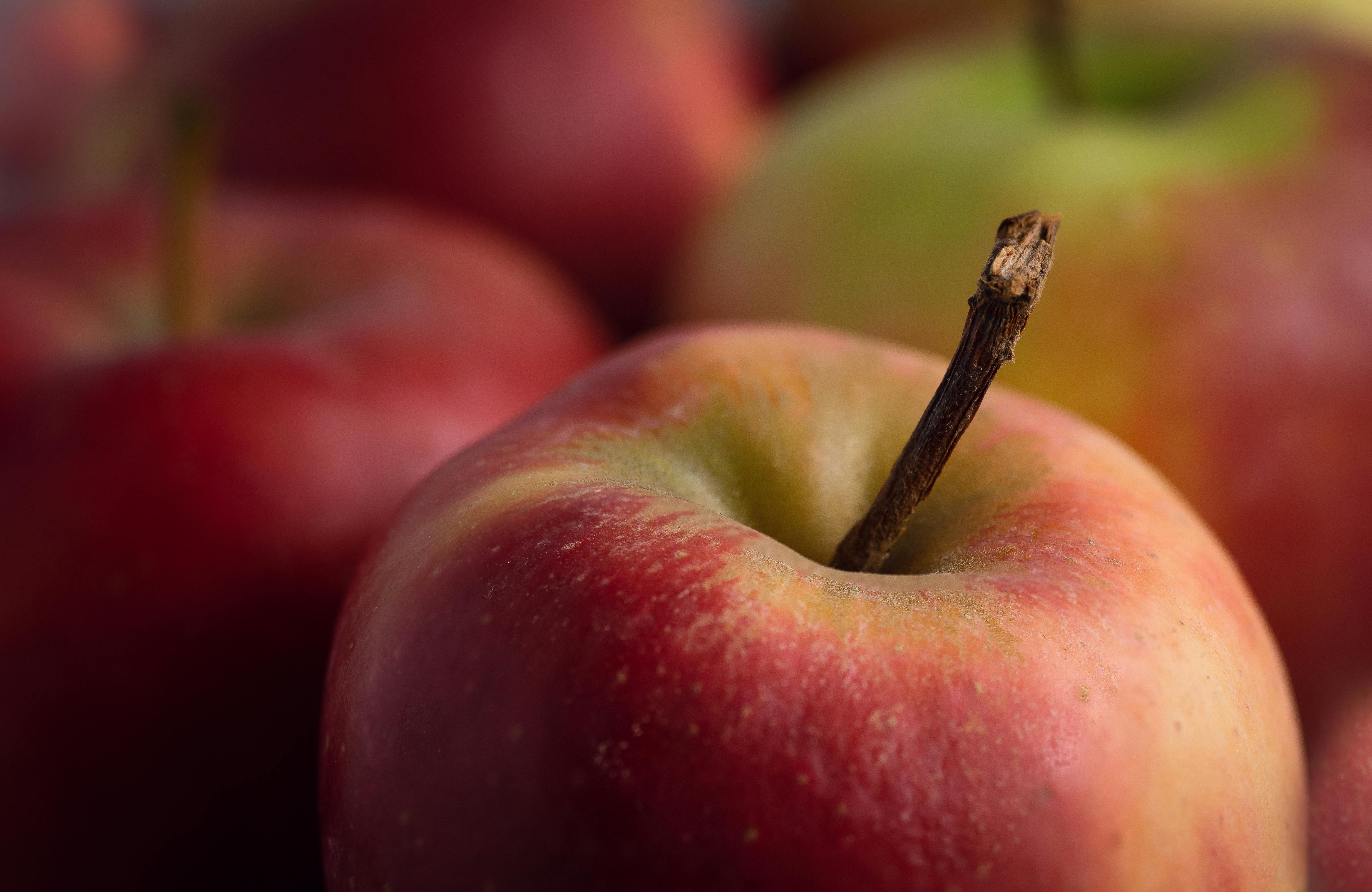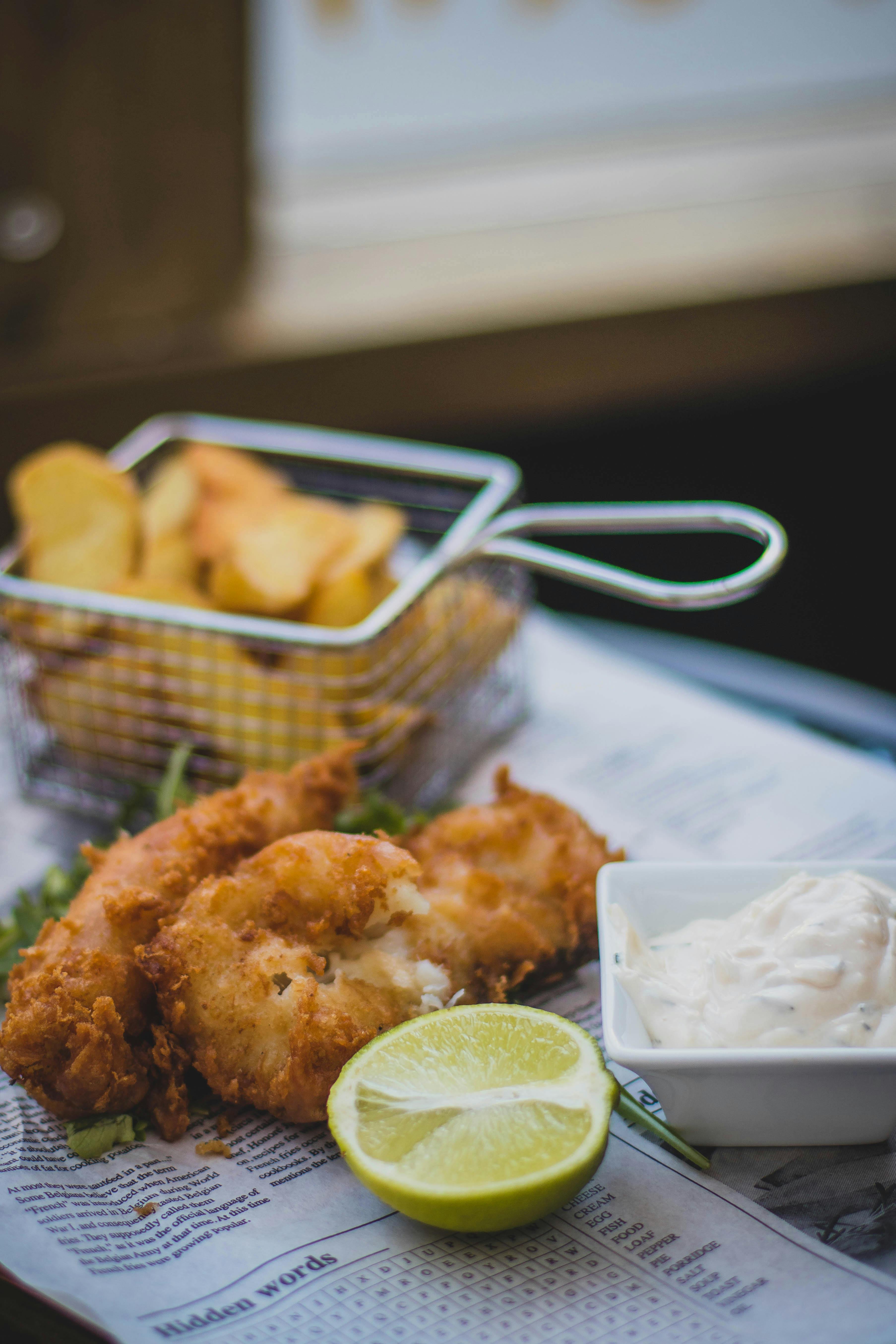
Essential Guide to Burn 2000 Calories a Day Effectively in 2025
In the quest for optimal health and fitness, many individuals aim to burn 2000 calories a day. Achieving this caloric burn can play a crucial role in weight management, enhancing physical fitness levels, and promoting a healthy lifestyle. In this guide, we will delve into calorie burning tips, high-calorie workouts, and effective strategies for integrating these practices into your daily routine. This comprehensive roadmap will help you establish manageable fitness goals while incorporating nutrition and meal planning to support your weight loss journey.
Understanding the significance of daily activity levels and how to create a caloric deficit is a game changer in establishing an active lifestyle. With the right combination of high-intensity interval training (HIIT), strength training, cardio workouts, and outdoor activities, burning 2000 calories can be attainable. We will also explore the importance of exercise variety, rest, and recovery in keeping your fitness routine engaging while also examining the role of nutrition and hydration in enhancing your overall energy expenditure.
Let’s walk through effective exercises and fitness plans that will maximize your calorie-burning potential, ensuring you reach your daily calorie goal while enjoying the transformation that comes with a healthy lifestyle shift.
Key Takeaways: This guide will provide insights into effective exercises, nutrition practices, and motivational tips to burn 2000 calories a day without feeling overwhelmed.
Understanding Your Daily Calorie Goal and Caloric Deficit
Establishing a clear understanding of your daily calorie goal is the cornerstone of any successful weight management strategy. To burn 2000 calories, you must first comprehend the concept of a calorie deficit. A calorie deficit occurs when you consume fewer calories than your body burns, promoting fat loss and helping you achieve your fitness objectives.
Recognizing your basal metabolic rate (BMR) can assist in determining your caloric needs. This fundamental figure indicates the number of calories your body requires to maintain basic bodily functions at rest. By factoring in your activity level, you can calculate your total daily energy expenditure (TDEE) and set realistic calorie-burning targets.
Incorporating exercise regularly into your routine, whether through structured workouts or daily activities, fosters a more active lifestyle and promotes a higher metabolism. In doing so, you'll engage in numerous calorie-consuming activities that can help you stay active and maintain a calorie deficit.
Moreover, tracking your calories using a calorie counter or a fitness app can streamline this process while providing motivation by imparting insights into your daily progress.
Thus, understanding your daily calorie goal and maintaining a caloric deficit is pivotal for establishing effective weight loss strategies that lead to lasting results.
Incorporating High-Intensity and Cardio Workouts
With your daily calorie goal set, focusing on high-calorie workouts can greatly aid in burning 2000 calories effectively. High-intensity interval training (HIIT) has gained popularity not only for its efficiency but also for its effectiveness in burning calories both during and post-exercise. This workout style combines short bursts of intense activity followed by recovery periods, keeping your heart rate elevated while maximizing energy expenditure.
In addition to HIIT, engaging in various cardio workouts, including running, cycling, and swimming, can significantly contribute to your calorie-burning efforts. Consistency and exercise frequency play a vital role in developing your fitness level, enhancing cardiovascular health, and promoting overall well-being.
Furthermore, outdoor activities such as hiking, kayaking, and sports provide unique opportunities to mix up your routine while enjoying nature and social interactions. Consider exploring local sports teams or group classes that align with your interests to keep you motivated.
Incorporating these high-calorie workouts into your weekly fitness routine ensures diversity and excitement, keeping you engaged while burning significant calories efficiently.

Strength Training: Building Muscle and Boosting Metabolism
While cardio workouts effectively burn calories, strength training should not be overlooked. Engaging in weight training helps build muscle, which in turn boosts your metabolism, promoting calorie burn even at rest. This is critical for once you understand that increasing muscle mass equates to a higher metabolic rate—a vital factor in accomplishing your weight loss goals.
Effective strength training routines can be tailored to suit your fitness level—whether through bodyweight exercises, free weights, or resistance training equipment. Learning proper form and technique is paramount to avoid injuries and maximize results. Additionally, incorporating compound movements, such as squats and deadlifts, engages multiple muscle groups and elevates calorie burn during your workouts.
Moreover, you can capitalize on the benefits of interval training by mixing strength training with cardio bursts. This approach can enhance your energy expenditure and make workouts more challenging and dynamic.
Ultimately, the combination of strength training and cardiovascular workouts creates a balanced fitness regimen, contributing significantly to your aim of burning 2000 calories a day.
Nutrition and Meal Planning for Optimal Performance
Nutrition serves as the backbone of your fitness efforts. Engaging in effective exercises and maintaining an active lifestyle requires appropriate fuel for your body. Success in burning calories while achieving your daily goals depends significantly on your nutritional habits. Consuming a balanced diet rich in calorie-burning foods can enhance metabolism and energy levels, further supporting your workouts.
Meal planning plays a critical role in weight loss strategies. Ensuring you have access to healthy snacks and meals, organized around your workout schedule, helps balance food intake effectively. Be mindful of portion control and meal timing, which can significantly impact your energy levels and recovery post-workout.
Additionally, hydration must not be overlooked, as proper fluid intake ensures optimal body function during workouts, aiding in recovery and performance. Incorporating healthy eating patterns while tracking your calorie intake can create a sustainable lifestyle change to achieve your desired results.

Motivation and Fitness Accountability
Staying motivated on your weight loss journey while aiming to burn 2000 calories a day can be a challenge. Surrounding yourself with a supportive fitness community and possibly hiring a personal trainer can instill a sense of accountability. Setting realistic fitness goals while celebrating milestones along the way can keep you engaged and committed to your active lifestyle.
Incorporating fitness challenges and creating workout plans tailored for enjoyment can foster a sense of achievement while increasing your overall activity level. Group workouts and fitness classes provide a social aspect that fosters relationships steeped in shared commitment and motivation.
By integrating these motivational elements, you can establish a strong foundation for your fitness journey, ensuring consistent progress and a positive experience as you strive to burn 2000 calories daily.
Q&A Section: Common Questions About Burning 2000 Calories
How can I stay motivated to maintain an active lifestyle?
Establishing achievable fitness goals, engaging in community activities, and celebrating small victories can help maintain motivation.
Are there specific exercises that burn more calories?
High-intensity workouts, such as HIIT and running, typically yield higher caloric burn rates compared to lower-intensity exercises.
What role does nutrition play in my calorie-burning journey?
Nutrition directly impacts energy levels and recovery, emphasizing the need for a balanced diet rich in calorie-burning foods while being mindful of hydration.
How important is tracking my calorie intake?
Utilizing calorie tracking apps can provide valuable insights into your dietary habits, ensuring you stay on track with your daily calorie goal.
Can outdoor activities contribute to burning 2000 calories?
Absolutely! Outdoor sports and activities, such as hiking, swimming, and cycling, can significantly increase your daily calorie expenditure, enhancing your overall fitness regimen.